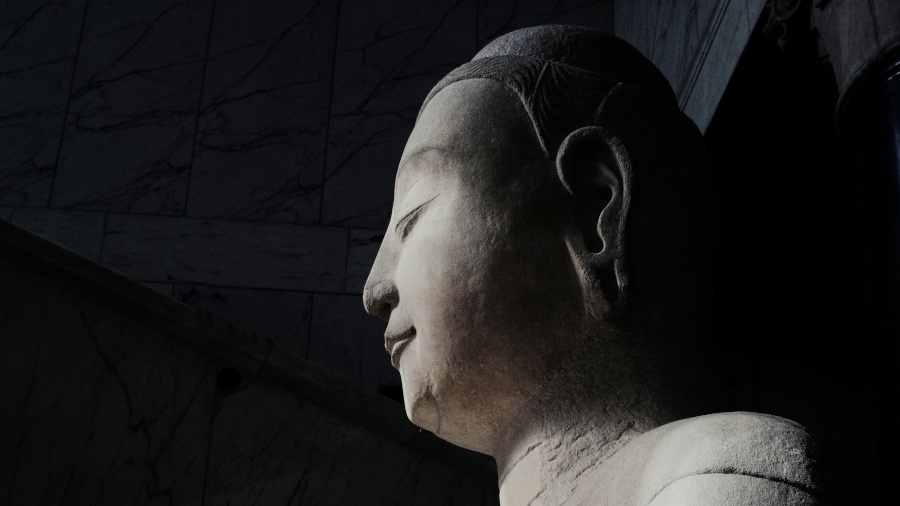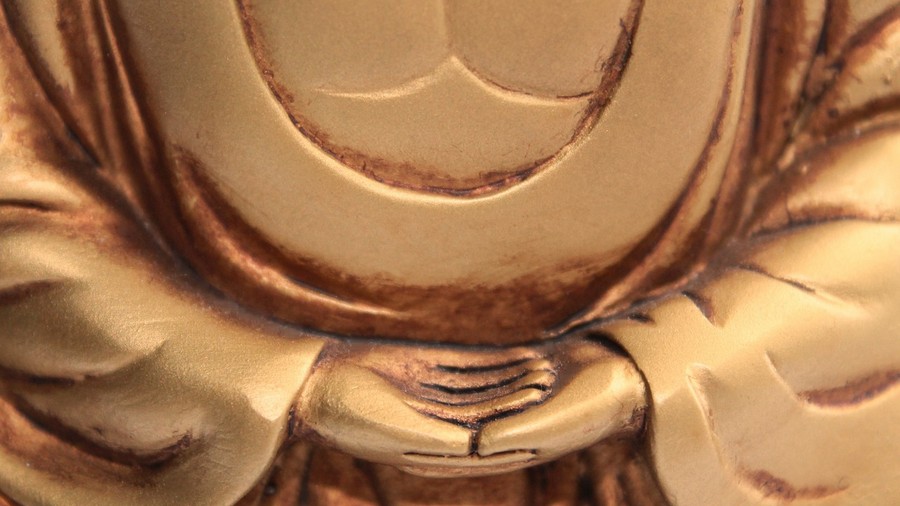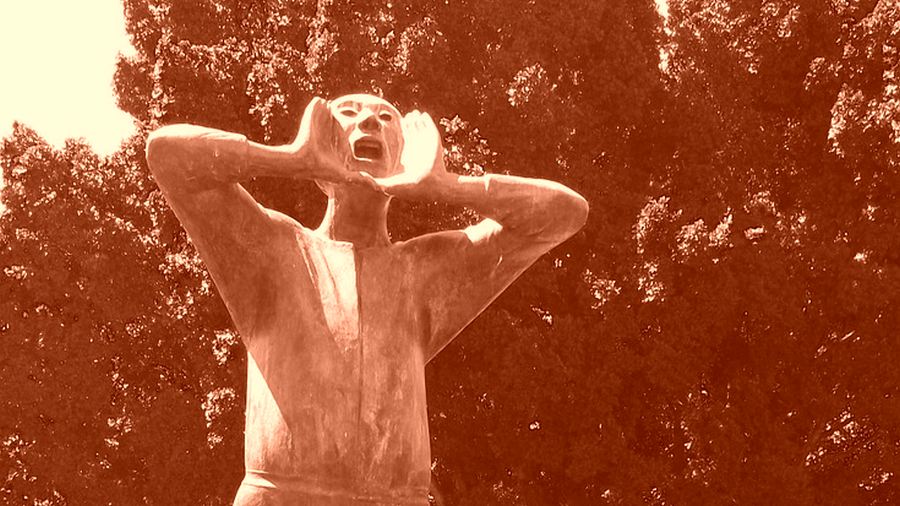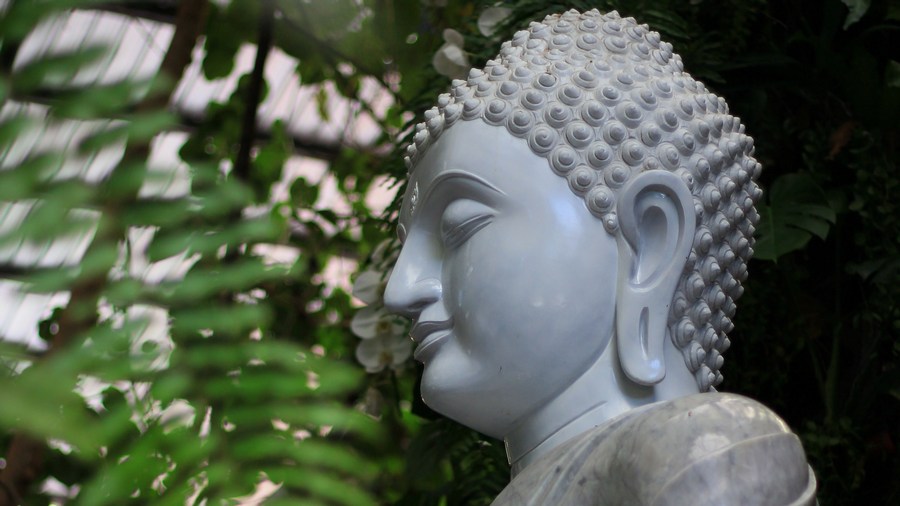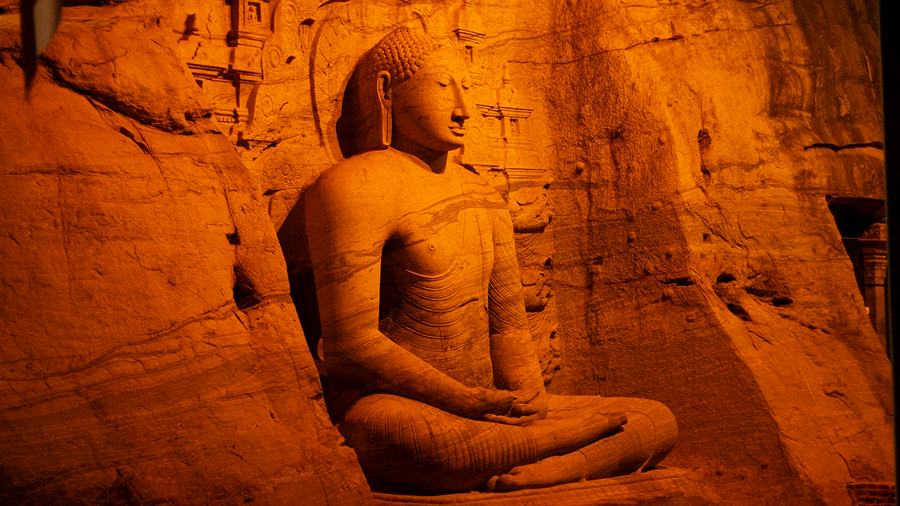- Easily seen is the fault of others, but one’s own fault is difficult to see. Like chaff one winnows another’s faults, but hides one’s own, even as a crafty fowler hides behind sham branches.
- He who seeks another’s faults, who is ever censorious — his cankers grow. He is far from destruction of the cankers.
Note: Here “cankers” is the translation of āsava, also translated as taints or defilements.
Read the entire translation of Dhammapada 18 Malavagga: Impurity by Ven. Acharya Buddharakkhita on AccessToInsight.org. Or read a different translation on SuttaCentral.net, SuttaFriends.org, DhammaTalks.org, or Ancient-Buddhist-Texts.net. Or listen on SC-Voice.net. Or explore the Pali on DigitalPaliReader.online.
Or read a translation in Deutsch, Tiếng Việt, Català, Čeština, Español, Français, עִבְֿרִיתּ, Magyar, Italiano, 日本語, Latine, मराठी, မြန်မာဘာသာ, Nederlands, Norsk, Polski, Português, සිංහල, Slovenščina, தமிழ், or 汉语. Learn how to find your language.






